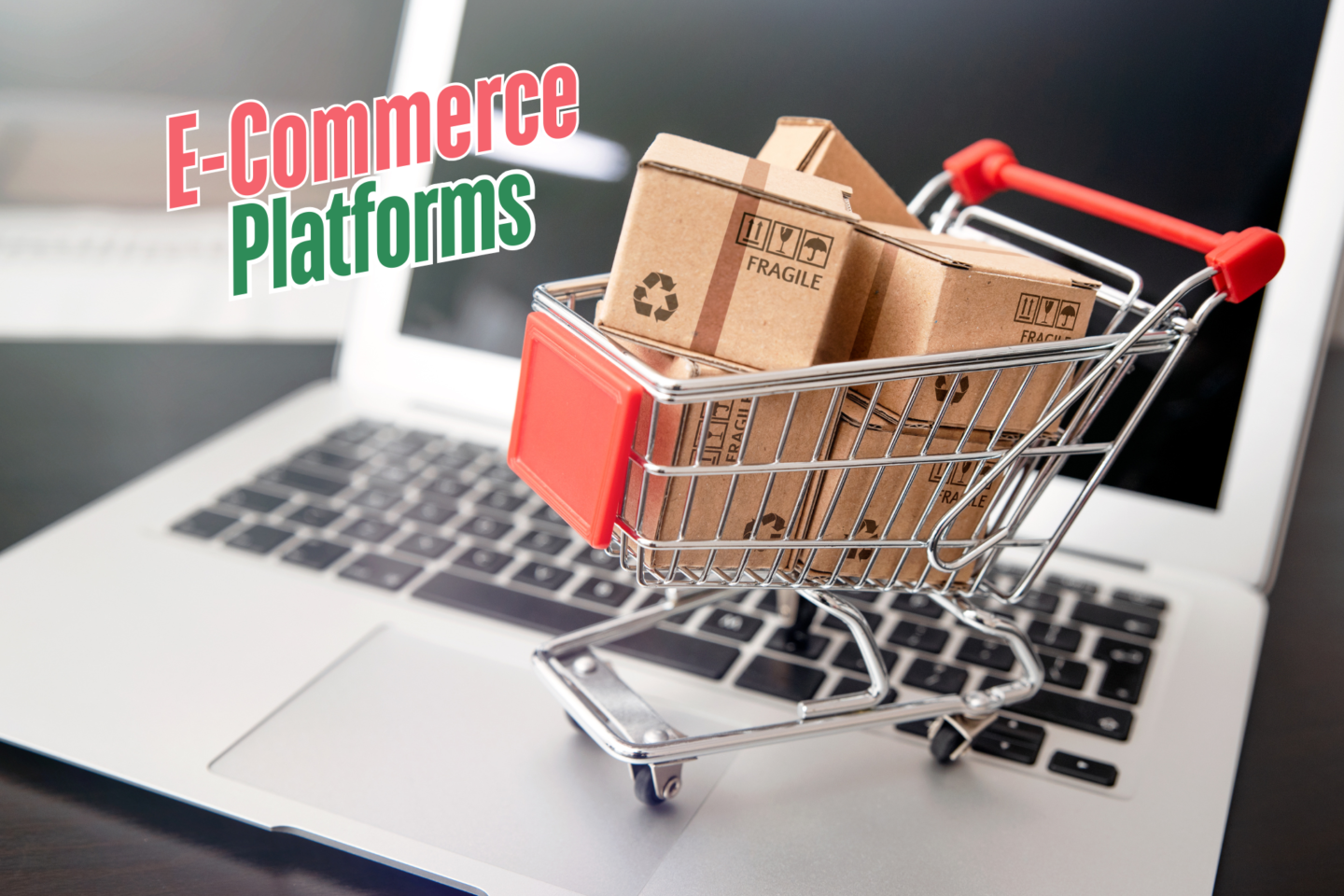In the digital era, e-commerce is no longer just an option—it’s a necessity for small businesses looking to expand their reach and compete effectively in the global market. However, with a vast array of e-commerce platforms available, selecting the right one can be overwhelming. The key is to find a platform that aligns with your business goals, budget, and operational needs.
Leading E-commerce Platforms for Small Businesses
Shopify: The All-in-One Solution
Shopify is one of the most popular and user-friendly e-commerce platforms, offering a seamless experience for small businesses. As a fully hosted platform, Shopify manages technical aspects such as hosting, security, and updates, allowing business owners to focus on growth rather than IT challenges.
Key Features:
- Intuitive drag-and-drop website builder
- A diverse range of customizable themes
- Built-in marketing and SEO tools
- Multiple payment gateway options
- Seamless integration with social media platforms
WooCommerce: The Flexible Powerhouse
For businesses that prefer complete control over their online store, WooCommerce is a powerful open-source solution built for WordPress users. Unlike Shopify, WooCommerce is self-hosted, meaning business owners handle hosting, security, and maintenance, but this also allows for greater customization and scalability.
Key Features:
- Extensive plugin and extension library
- Deep integration with WordPress
- Highly customizable store design
- Large community support for troubleshooting and enhancements
Etsy: The Marketplace for Unique Creations
Etsy is an excellent choice for businesses that specialize in handmade, vintage, or one-of-a-kind products. With a built-in audience of buyers seeking unique items, Etsy provides a ready-made marketplace with minimal setup required.
Key Features:
- Access to a niche audience of buyers
- Simple and straightforward platform with low startup costs
- Community-driven engagement and marketing opportunities
Other Notable E-commerce Platforms
Beyond Shopify, WooCommerce, and Etsy, several other platforms cater to different business needs:
- BigCommerce – Ideal for scaling businesses with advanced customization options
- Squarespace – Great for visually appealing storefronts with easy-to-use templates
- Wix – User-friendly drag-and-drop builder for beginners
- Weebly – A budget-friendly platform with essential e-commerce features
How to Choose the Right E-commerce Platform
Selecting the best e-commerce platform for your business requires careful consideration of several factors:
- Ease of Use: Does the platform offer an intuitive and manageable interface?
- Features & Customization: Does it support your business model and growth plans?
- Cost & Budget: Are the pricing plans aligned with your financial capabilities?
- Scalability: Can the platform grow as your business expands?
Final Thoughts
The right e-commerce platform is more than just a tool—it’s the foundation of your online business success. By evaluating your needs, budget, and growth potential, you can select a platform that not only simplifies operations but also accelerates business expansion. In today’s fast-paced digital economy, the right choice can make all the difference between merely surviving and truly thriving in e-commerce.















